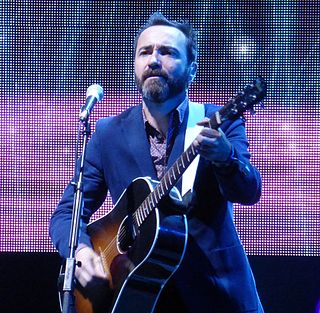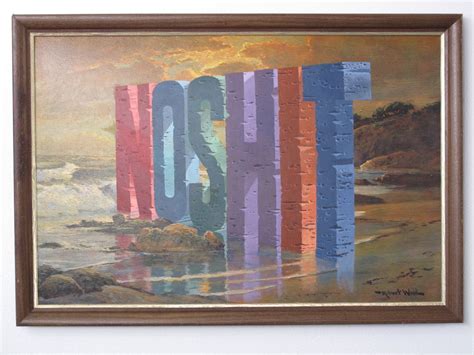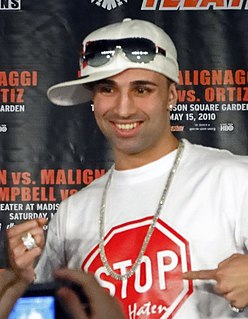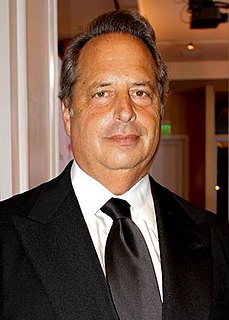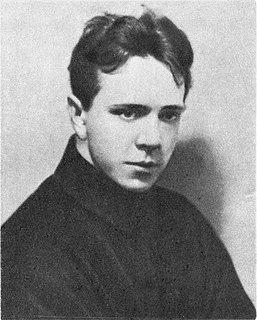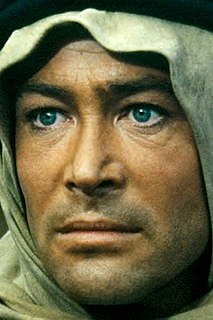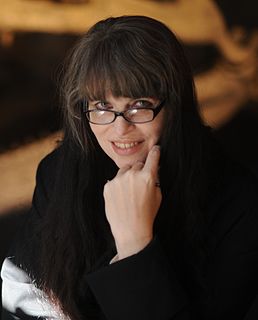A Quote by D. H. Lawrence
I hate the actor and audience business. An author should be in among the crowd, kicking their shins or cheering them on to some mischief or merriment.
Related Quotes
Stephen Blackpool fall into the loneliest of lives, the life of solitude among a familiar crowd. The stranger in the land who looks into ten thousand faces for some answering look and never finds it, is in cheering society as compared with him who passes ten averted faces daily, that were once the countenances of friends
I never wanted there to be any moment in my movies when something would happen and the audience would cheer, like sometimes that happens in certain types of horror movies. I was never a fan of that, I wasn't looking for 'inventive' kills and I even hate that word because it's like, if you have these characters screaming or crying in pain I don't think anyone should be jumping out of their seat cheering. It should be horrible and you should feel sick watching it because that's what it is, sick.
I'm neurotic in the sense that I can have a crowd of 300 people cheering you, applauding you, standing O, but one guy come out of the audience and go, "Hey man, you should have cut 20 minutes. That wasn't so good." And I'll just obsess on that one guy. After all this love, I'll obsess on him and want to smash his face in and strangle him and kick him down the stairs and I'll be pouting about that one guy all night.
As an actor, especially one who's worked in casting, you read so many scripts, and some of them are terrible. They're terrible and they're getting made, and some of them are good but the female role is just painful or underwritten. So after years of that, I had this idea kicking around in my head for two years, and I thought, I'm just going to start writing.
We teach them to take their patriotism at second-hand; to shout with the largest crowd without examining into the right or wrong of the matter -- exactly as boys under monarchies are taught and have always been taught. We teach them to regard as traitors, and hold in aversion and contempt, such as do not shout with the crowd, and so here in our democracy we are cheering a thing which of all things is most foreign to it and out of place -- the delivery of our political conscience into somebody else's keeping. This is patriotism on the Russian plan.

